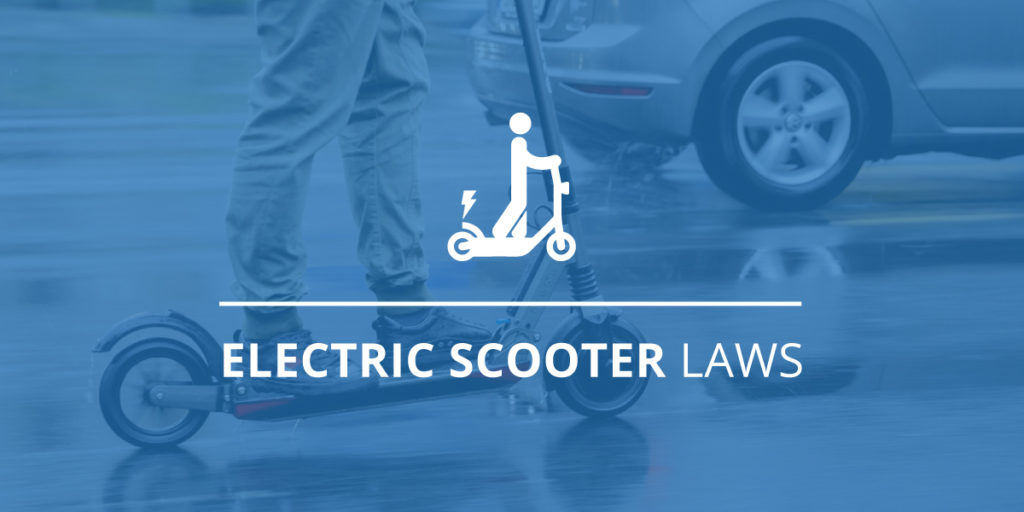
In recent years, electric scooter lows have become an increasingly popular mode of transportation in America’s cities. According to the National Association of City Transportation Officials, as many as 38.5 million trips were taken on shared scooters in 2018. If you plan to add your name to this ever-growing list of electric scooter riders, you may wish to learn more about the rules of the road beforehand for the electric scooter.
Unfortunately, the rapid growth of the electric scooter has seen the law struggle to keep up in many jurisdictions. As a result, the rules and regulations surrounding these personal vehicles can vary quite a bit from state to state. In many cases, electric scooter laws can even be quite different in two cities in the same state.
Nevada’s Electric Scooter Laws
When electric scooters were first introduced to the state of Nevada, there were few laws on the books to regulate them. As a result, the vehicles were often used irresponsibly by riders – leading a number of cities to ban them outright.
In the summer of 2019, Gov. Steve Sisolak signed AB485 into law. This piece of legislation was designed to better regulate the use of electric scooters in the state. Most notably, this law stipulates that:
- Electric scooters must not be able to exceed speeds of 20 MPH
- Electric scooters are exempt from DMV registration and licensing
- Electric Scooter riders must be at least 16 years old
- Local governments have the ability to further regulate the use of electric scooters as necessary
The passage of AB485 has since led to the reintroduction of electric scooters throughout Nevada. Before you hop on one, however, you should check to see if the local municipality has introduced any rules that you should be aware of.
The Prevalence of Electric Scooter Accidents
Electric scooter regulations were introduced in the state of Nevada with the intention of keeping riders and other road users safe. Unfortunately, as with any other form of transportation, accidents are extremely common on electric scooters. From riders crashing into each other to riders being struck by cars and trucks, serious collisions can happen in a variety of different ways.
Alarmingly, a recent study by the Centers for Disease Control and Prevention found that electric scooter injuries occurred in 14.3 out of every 100,000 electric scooter trips. Many of these injuries are relatively minor. Some, however, are quite serious.
Common Injuries Sustained in Electric Scooter Accidents
The variety of injuries that can occur in an electric scooter accident is quite wide. A brief list would include:
Traumatic Brain Injuries
Concussions and traumatic brain injuries are by far the most common injuries that happen as a result of electric scooter accidents. These injuries can be extremely serious, but can often be prevented by wearing a high-quality helmet.
Broken Bones
Broken bones tend to occur when electric scooter riders are struck by a car or truck. The best way to prevent these injuries from occurring is by remaining vigilant for passing vehicles on every electric scooter trip.
Spinal Cord Injuries
Spinal cord injuries can happen when riders are struck by a passing vehicle or fall from the scooter and land awkwardly on their back. Like traumatic brain injuries, these injuries can be very serious. In many cases, they can lead to lifelong issues such as paralysis.
Soft Tissue Injuries
Soft tissue injuries usually do not have the same lifelong health implications as a spinal cord injury or traumatic brain injury. However, they can still be incredibly painful. Ankle strains and sprains tend to be the most common form of soft tissue injuries that occur during electric scooter accidents.
Nevada’s Premier Personal Injury Law Firm
If you are injured in an electric scooter accident and believe you may be eligible for compensation, please contact the Cap and Kudler legal team. We have been helping Las Vegans with their personal injury claims for years and would love to do the same for you. Just give us a call today at (702) 878-8778 to set up an initial consultation and begin the legal process.
